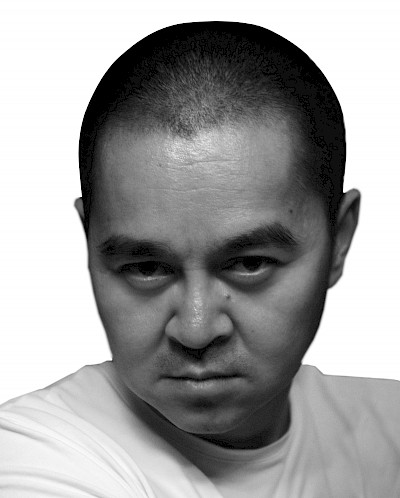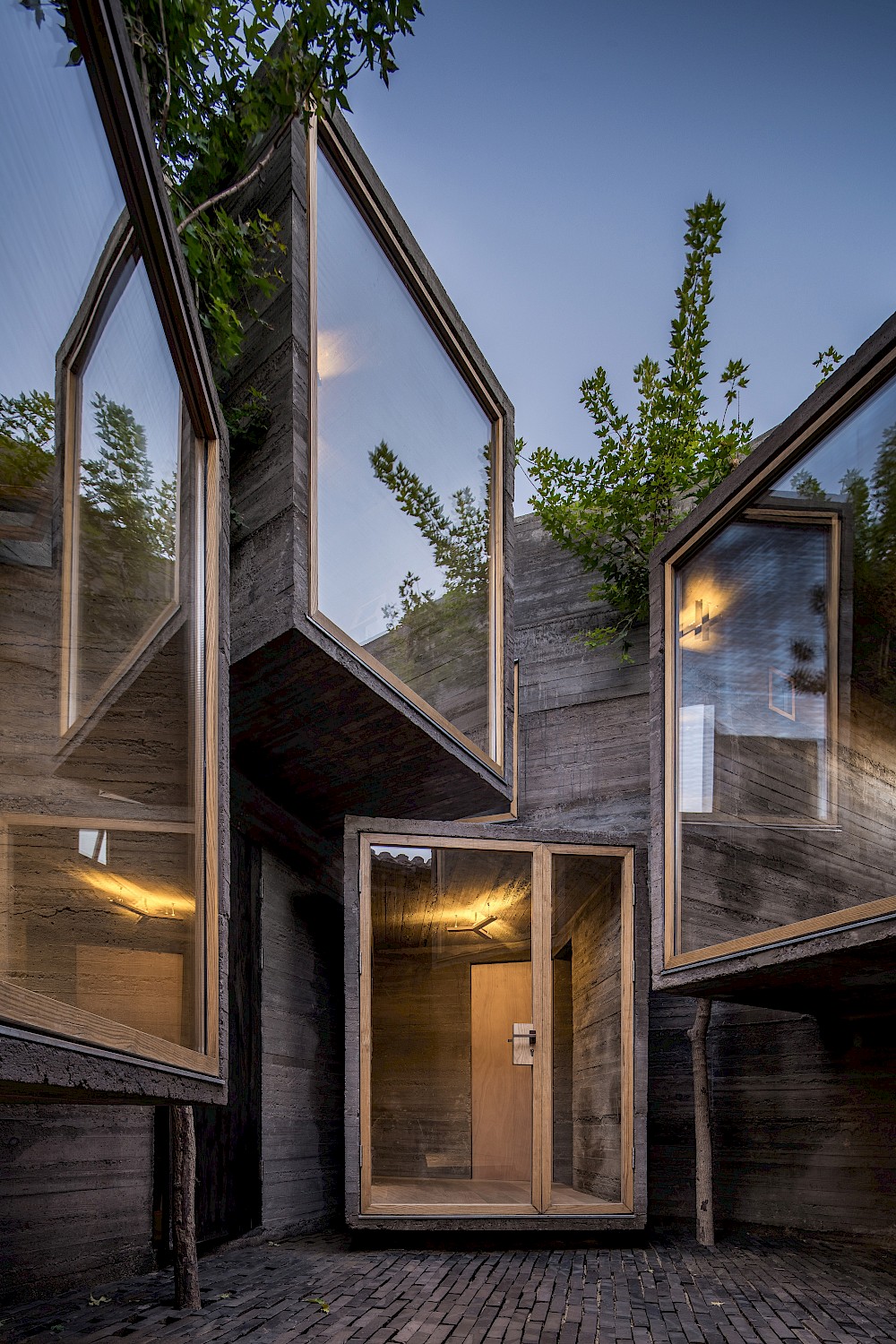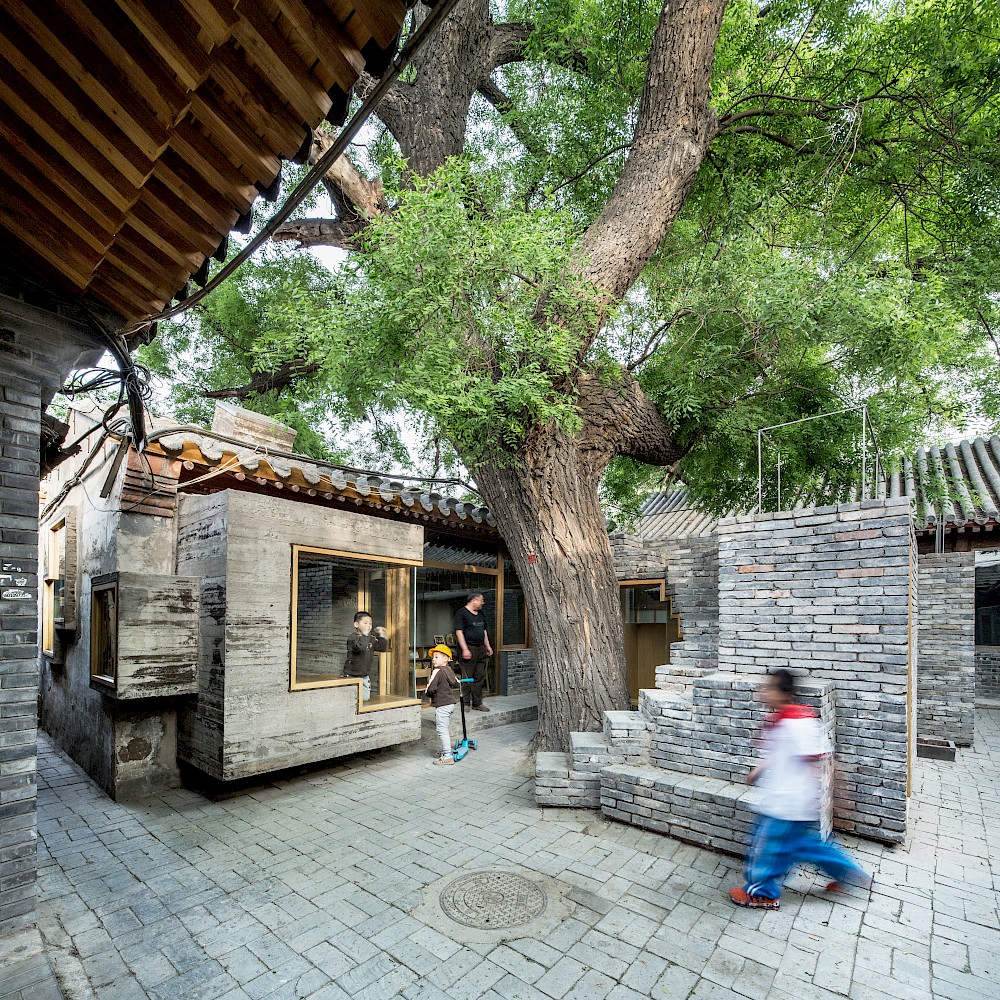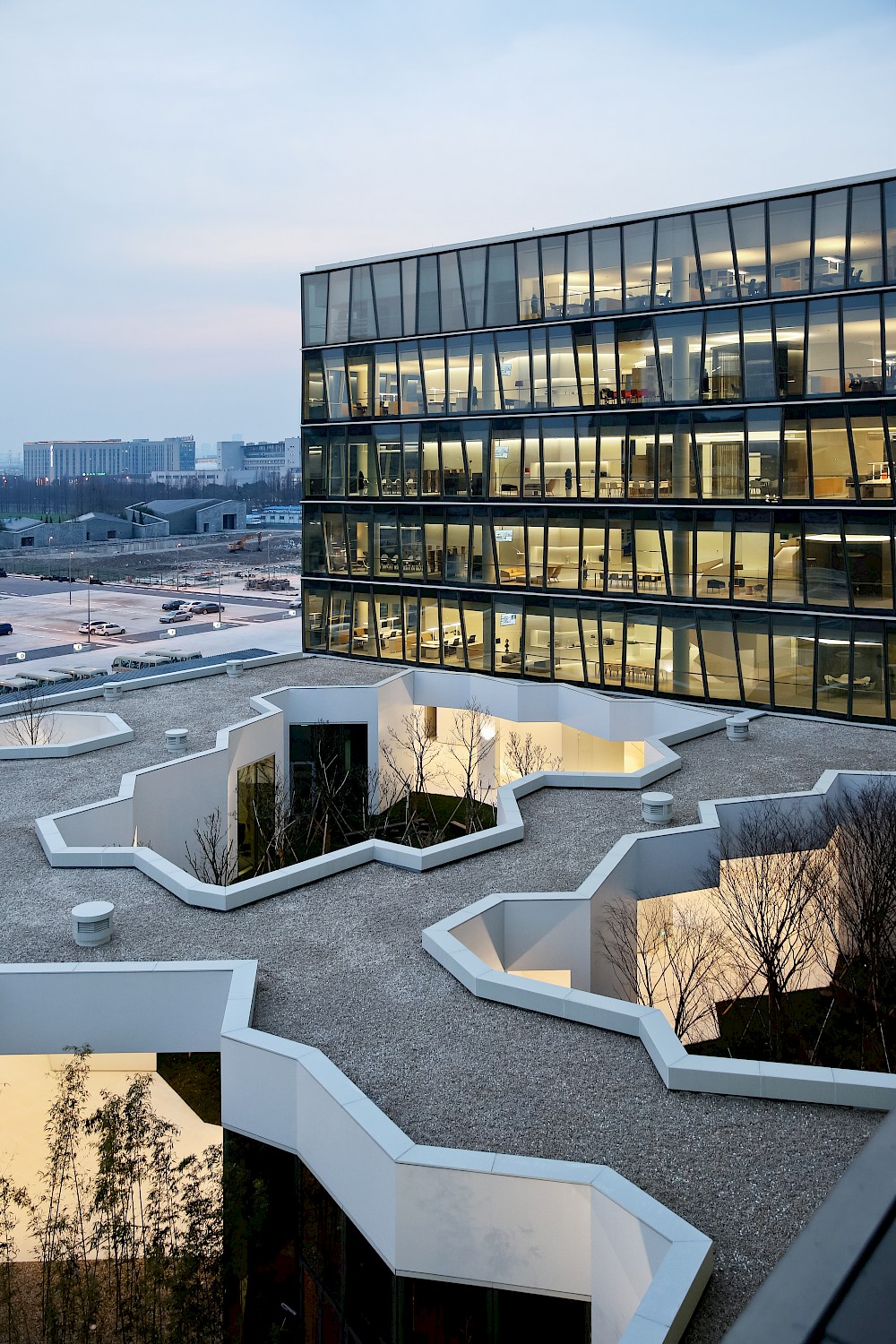BIENNIAL PROJECT
Make New Hutong Metabolism, Beijing
Make New Hutong Metabolism presents three projects designed by ZAO/Standardarchitecture located in the hutong areas of Beijing. Each project is represented by a model emphasizes the paradoxical relationship of China’s conservation and revitalization. Hutongs—the traditional courtyard-and-alley system of urban dwelling that is an essential part of Beijing—have recently come to the center of the battlefield between development, conservation, and renovation. After decades of development frenzy in the old city, the Hutongs are on the verge of being either completely erased to make space for office towers, apartments, and shopping malls or disfigured by kitsch renovations of the nostalgic past. The subtle complexity of the hutongs as authentic contemporary urban spaces has been overlooked by both advocates of tabula rasa redevelopment and by the defenders of historical restoration respectively. ZAO/Standardarchitecture propose an alternative approach: suggesting that historical cities might be considered as living organisms. Hutong Metabolism also refers to the Metabolist movement that originated in the postwar rebuild in Japan with architects like Kenzo Tange, Fumihiko Maki, and Kisho Kurokawa. Their designs started from a biological model that allowed for growth of the building alongside the city. Similarly ZAO/Standardarchitecture advocate studying the Beijing hutongs as macroscale infrastructures and microscale units to respond to the problems with both historic and futuristic thinking.
BIO
ZAO/standardarchitecture founded by Zhang Ke in 2001 is one of the leading new generation design firm.
Recent works by the studio include the Novartis Campus Building in Shanghai, a number of Hutong and courtyard transformation projects in the city center of Beijing, and various buildings embedded in the landscape of Tibet.
Many honors have been awarded to Zhang Ke and his studio, including the Aga Khan Award for Architecture, 2016; International Award Architecture in Stone, Italy, 2011; the Design Vanguard by Architecture Record, 2010; China Architecture Media Award (CAMA), Best Young Architect Prize, 2008; and the WA Chinese Architecture Award, Winning Prize, 2010 and 2006.
Zhang Ke received his Master of Architecture from the Harvard Graduate School of Design in 1998 and his Master and Bachelor of Architecture from Tsinghua University in Beijing. Zhang Ke has been teaching studios in architecture at Harvard GSD since 2016.






